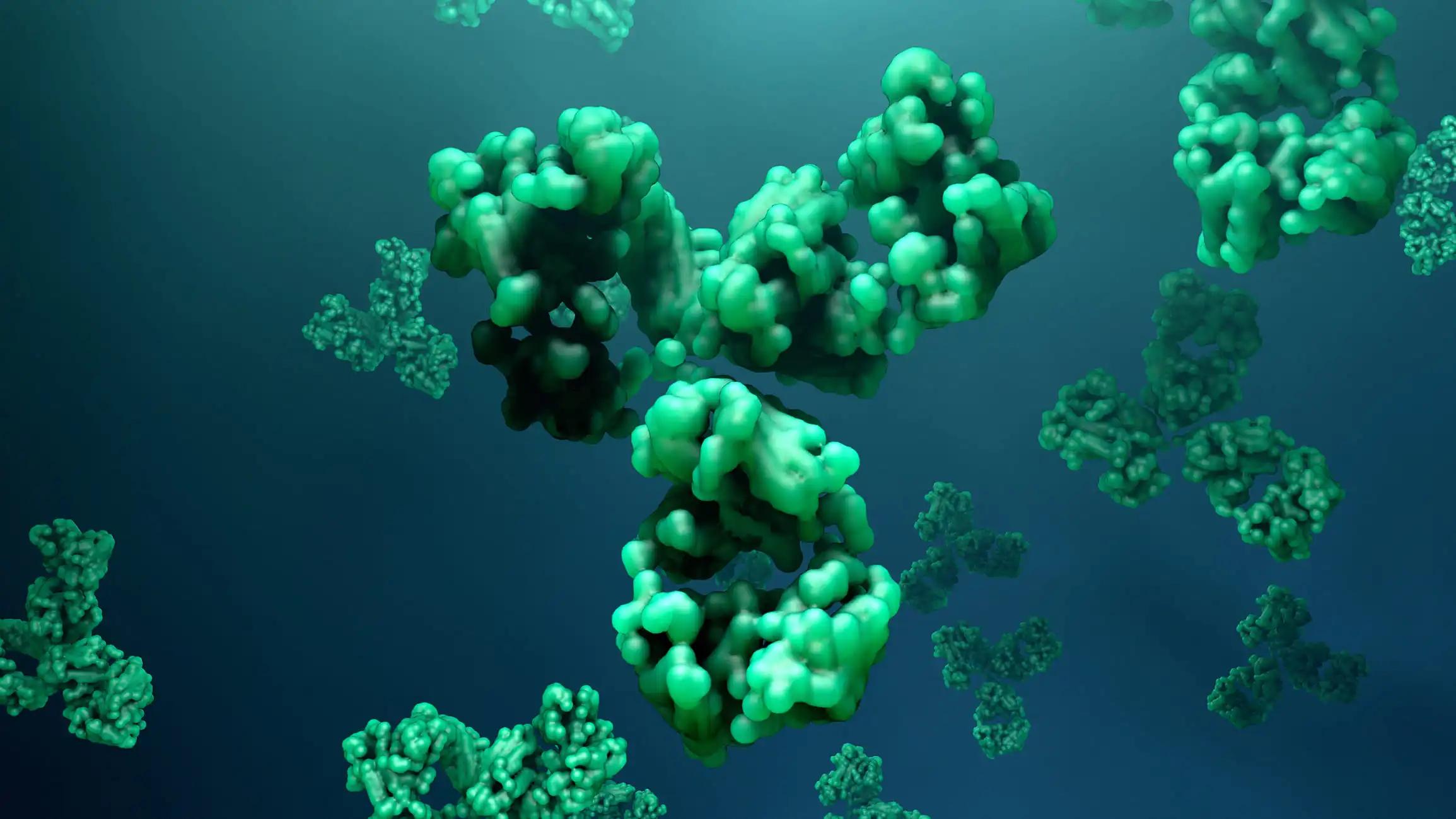KEY TAKEAWAYS
- The study aimed to to evaluate p53 expression through immunohistochemistry in PCa patients and discuss its prognostic significance.
- The results showed that p53 aberrant expression linked to androgen resistance; suggesting prognostic potential in PCa.
The p53 gene mutation is prevalent across various cancers and particularly notable in prostate cancer (PCa), where it correlates with adverse outcomes, tumor advancement, and aggressiveness. This mutation prompts abnormal protein expression in affected tissues.
Sarra Ben Rejeb and her team conducted a study that aimed to evaluate p53 expression via immunohistochemistry in PCa and discuss its prognostic significance.
All cases of PCa diagnosed in the pathology department from 2012 to 2022 were retrospectively collected. Automated immunohistochemical analysis was conducted using a monoclonal p53 antibody. Each case was evaluated for the percentage of positive cells and staining intensity. Abnormal p53 expression was defined as either total negativity or overexpression (≥50% positive cells).
About 24 cases were selected, with abnormal p53 expression detected in 42% (p53 was overexpressed in 6cases and totally negative in 4 cases). Patients exhibiting abnormal p53 expression had a mean age of 70 years. Among these patients, 5 cases had a Gleason score >7, 3 cases had an ISUP grade >2, 8 cases showed peri-neural invasion, and 9 cases displayed capsule invasion. Notably, all patients with p53 overexpression developed androgen resistance (P<0.01).
The study revealed that an aberrant expression profile of the p53 protein was observed in 42% of cases, with a statistically significant association found with androgen resistance. This suggests a potential prognostic role of p53 in PCa.
No funding related information was available.
Source: https://pubmed.ncbi.nlm.nih.gov/38567478/
Ben Rejeb S, Kouki N, Elfekih S, et al. (2024) “Prognostic significance of tumor suppressor protein p53 in prostate cancer.” Tunis Med. 2024 Feb 5;102(2):111-115. doi: 10.62438/tunismed.v102i2.4730. PMID: 38567478.



